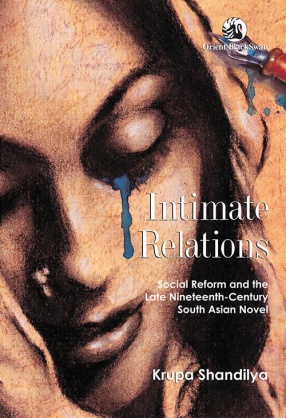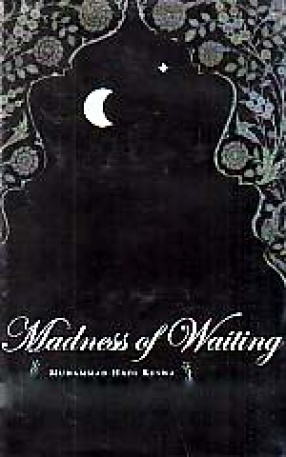Intimate Relations: Social Reform and the Late Nineteenth-Century South Asian Novel
Intimate Relations takes a close look at the domestic novel as a literary genre and a tool for social reform. Originating from the intersection of literary and social reform movements, in the late nineteenth century the domestic novel led to literary innovation and to a rethinking of women’s roles in society and politics.
Krupa Shandilya focuses primarily on social reform movements that changed intimate relations between men and women in Hindu and Muslim society, namely the widow remarriage act in Bengal (1856) and the education of women promoted by the Aligarh movement (1858–1900).
Both movements sought to recover the woman as a “respectable” subject for the Hindu and Muslim nation, where respectability meant an asexual spirituality. While most Indian literary scholarship has focused on the normative Hindu woman, Intimate Relations links the representation of the widow in bhadralok society with that of the courtesan of sharif society in Bengali and Urdu novels from the 1880s to the 1920s. By studying their disparate histories in the context of social reform movements, Shandilya highlights the similarities of Hindu and Islamic constructions of the gendered nation.
This book will be of interest to students and scholars of Indian history, politics and literature, as well as women’s and gender studies.
Get it now and save 10%
BECOME A MEMBER








Bibliographic information